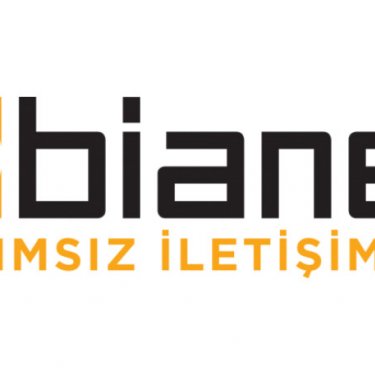Censorship catching up with Bianet, RSF’s partner in Turkey

Reporters Without Borders (RSF) unreservedly condemns the persecution of its Turkish partner, the news and information website Bianet, which is about to be blocked. The Turkish authorities must rescind this arbitrary and draconian decision at once, RSF said.
Censorship seems to have finally caught up with this leading source of information about human right violations in Turkey, as its blocking is reportedly imminent under a three-week-old court decision that RSF learned about today.
Bianet’s Turkish-language version is one of the several dozen websites and social network accounts that are to be blocked under an order issued by a “peace judge” in Ankara on 16 July. The order says they “threaten national security” but provides no explanation and cites no content, simply mentioning a police investigation. Other media outlets, including the left-wing news agency ETHA, are among those targeted.
“Describing Bianet as a threat to national security is the height of absurdity,” said Erol Önderoğlu, RSF’s representative in Turkey. “Ever since its creation, this site has promoted peace journalism. We strongly condemn this latest act of arbitrary censorship, which contradicts promises recently made at the highest level, and we urge the authorities to rescind this draconian decision without delay.”
President Erdoğan said at the end of May that, under a series of reforms that had just been submitted to parliament, it would no longer be possible to block an entire website because of a single item.
Bianet has been a trailblazer in human rights journalism ever since its creation in 1997, specializing in the most sensitive subjects, including Kurdish issues, freedom of expression, violence against women and LGBTI rights. Its publications include quarterly reports by RSF’s Önderoğlu on persecution of the media in Turkey. And it has developed a training centre to promote the best journalistic practices throughout the country.
Turkey’s “peace judges”, created in 2014 as part of the government’s efforts to rein in the judiciary, have been criticized by the Council of Europe for issuing poorly supported decisions against which the possibilities of recourse are limited.
Bianet has successfully appealed twice to Turkey’s constitutional court against the blocking of individual articles, obtaining favourable rulings in December 2018 and April 2019. But this time it is the entire site that is being blocked – all of the approximately 200,000 articles that have been posted in the past 22 years.
The already worrying situation of Turkey’s media has become critical since an abortive coup in July 2016. Many media outlets have been closed summarily, without any effective form of recourse, mass trials are being held and Turkey holds the world record for the number of professional journalists in prison. It is ranked 157th out of 180 countries in RSF’s 2019 World Press Freedom Index.



